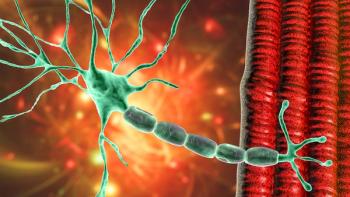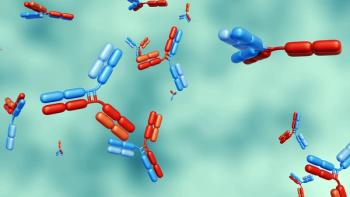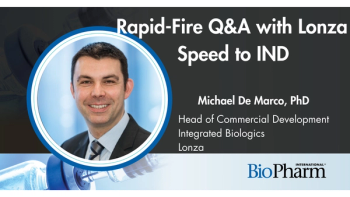
Baxter Will Apply Lipoxen Technology to Improve Blood-Clotting Factors
Lipoxen PLC (London, UK, www.lipoxen.co.uk) has agreed to license its "PolyXen" drug delivery technology to Baxter International Inc. (Deerfield, IL, www.baxter.com) to develop improved, longer-acting forms of Baxter's blood-clotting factors, such as Factor VIII.
Lipoxen PLC (London, UK,
When attached to therapeutic proteins, PolyXen forms a hydrophilic cloud that shields the protein from degradation by preventing it from being recognized by the immune system. On December 11, at the American Society for Hematology meeting, Baxter presented encouraging preclinical data from ongoing research aimed at developing a longer-acting form of Factor VIII, using both PEGylation and polysialylation.
Sialic acid occurs naturally in the human body and also in certain bacteria. Lipoxen’s contract manufacturing partner, The Serum Institute of India (
Lipoxen refers to its technology as a “next generation to PEGylation,” because it achieves drug delivery benefits similar to those of polyethylene glycol (PEG), with two key advantages: it is non-immunogenic and also is biodegradable to sialic acid and thus nontoxic. Both of these factors may be particularly important when used in drugs for chronic diseases or when large doses are required.
“In most the proteins [where] we’ve run side-by-side comparisons, with a PEG conjugate and polysialic acid conjugate, the PK profiles are similar, and stability profiles are similar, [but] the bioactivity is by and large preserved with polysialic acid and toxicity profiles in high doses are completely different,” says M. Scott Maguire, CEO of Lipoxen. “We have no toxicity profiles in our preclinical work.”
Lipoxen is also developing the use of its technology with its own proprietary portfolio of candidates (insulin and alpha interferon), and co-developing its use with erythropoietin and granulocyte-colony stimulating factor, in collaboration with the Serum Institute of India. Amgen, Genentech, and Genzyme are also evaluating the technology.
The PolyXen technology was developed by Gregory Gregoriadis, PhD, a world leader in the field of protein and vaccine delivery. Gregoriadis founded Lipoxen in 1997 as a spin off from the School of Pharmacy of the University of London, where he is now professor emeritus.
Newsletter
Stay at the forefront of biopharmaceutical innovation—subscribe to BioPharm International for expert insights on drug development, manufacturing, compliance, and more.




